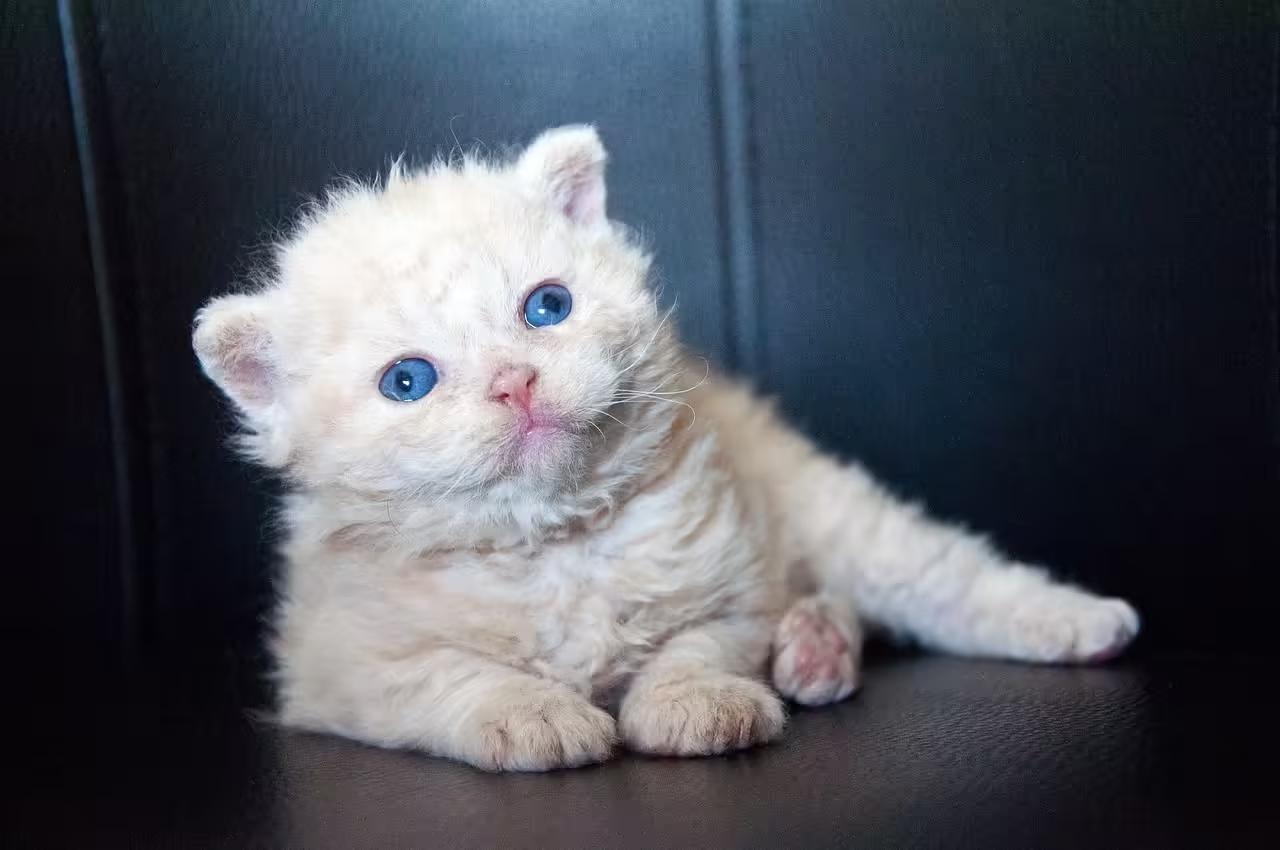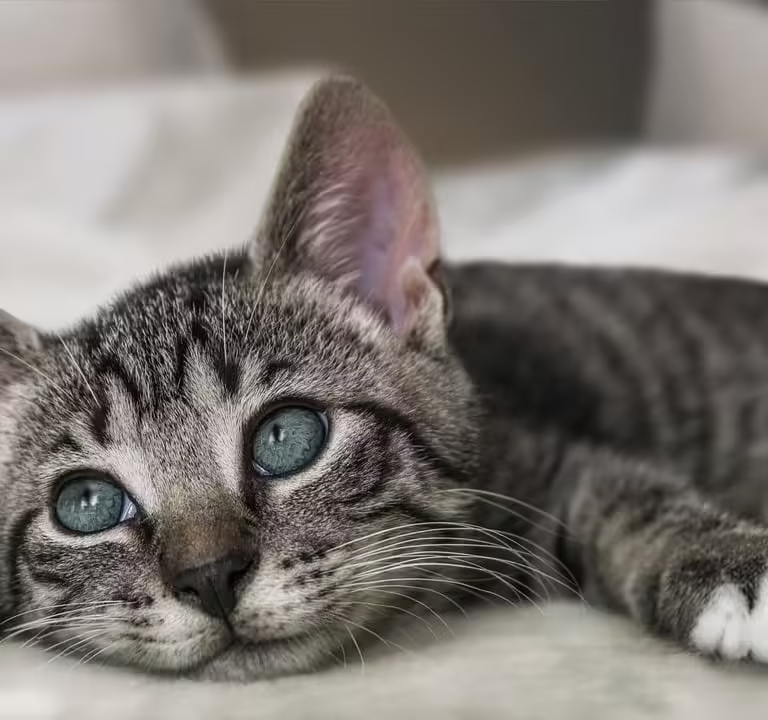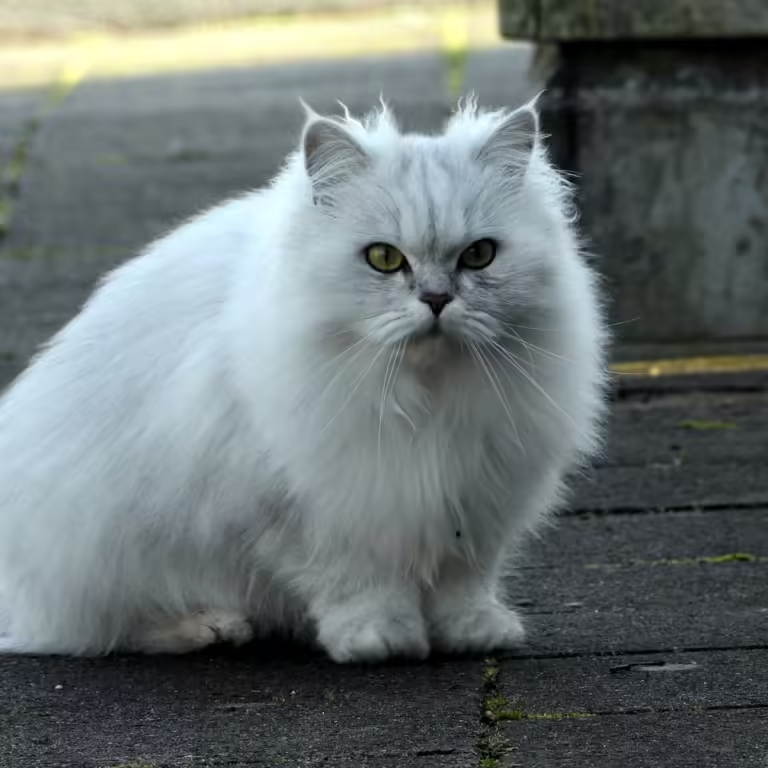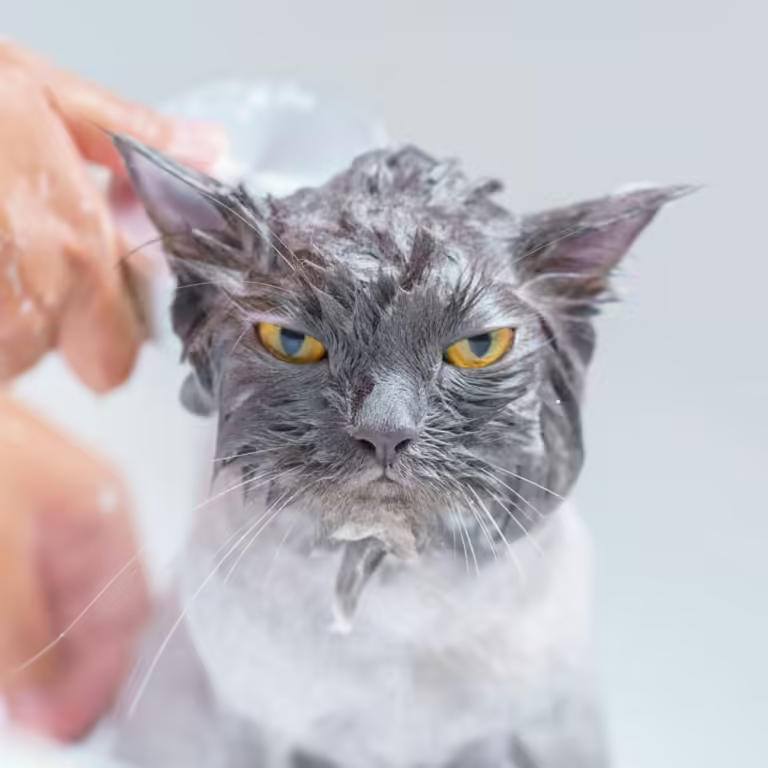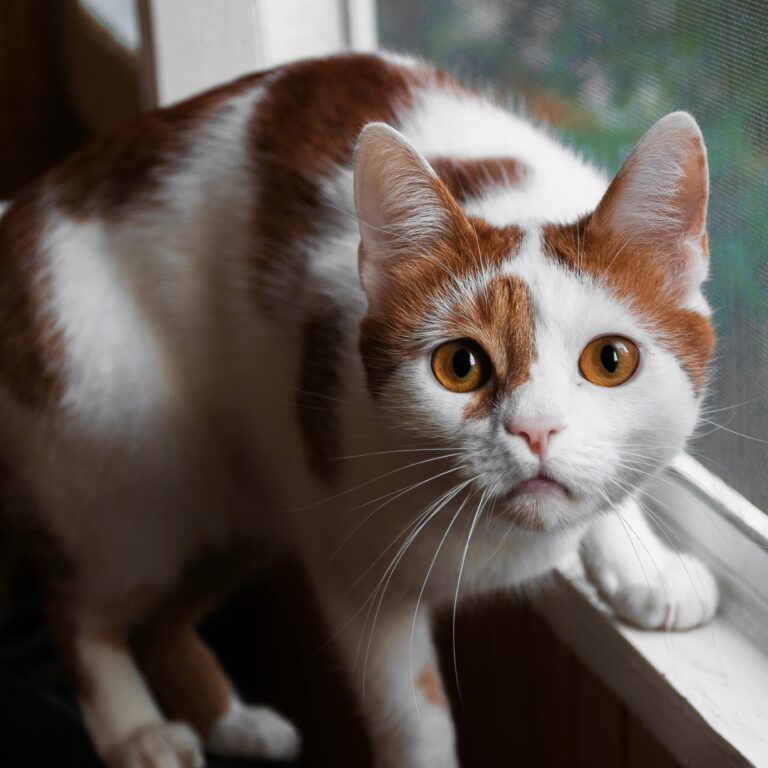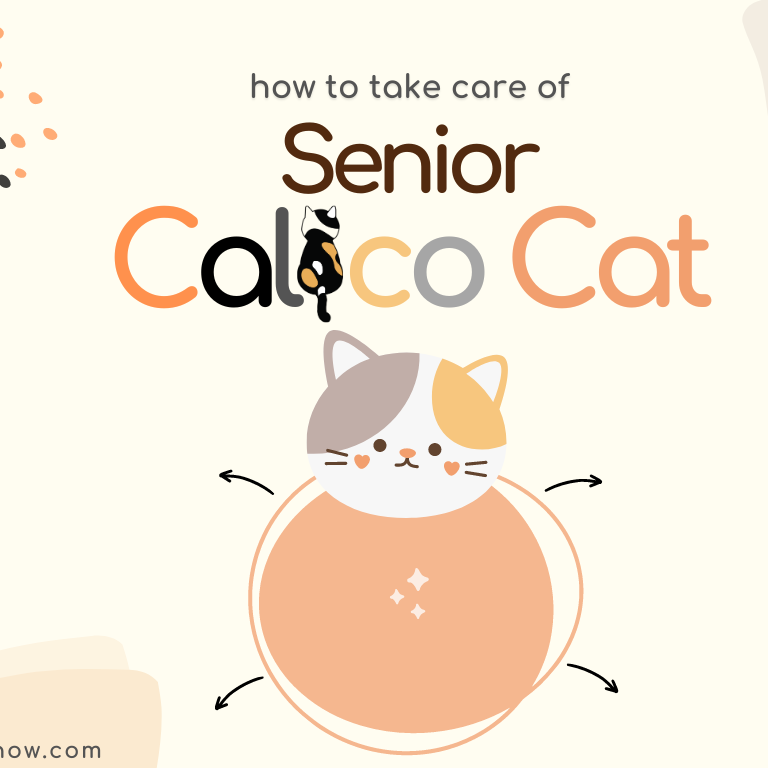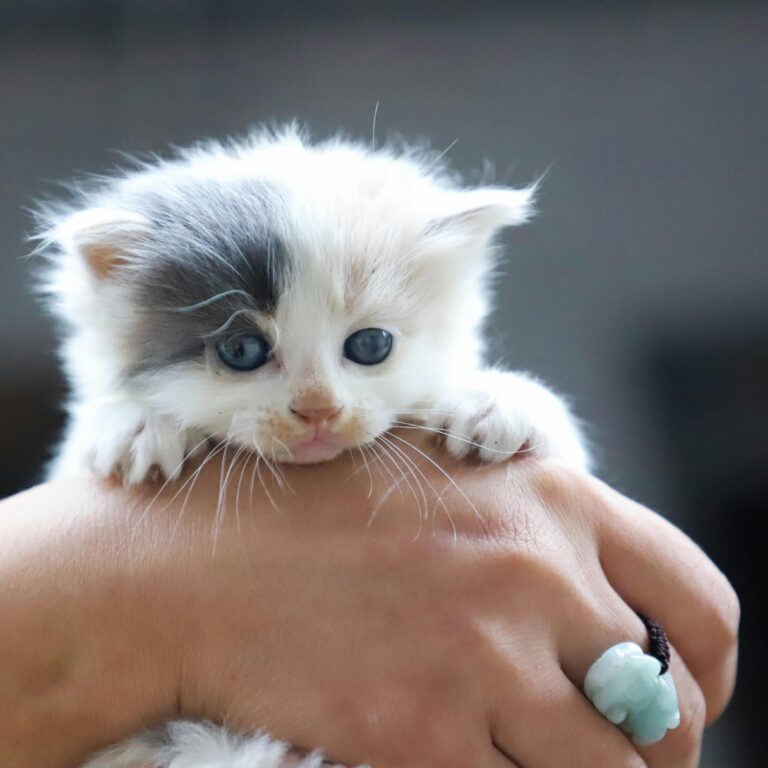The True 4 Curly Haired Cat Breeds: Your Perfect Curly Companion
Introduction
Have you ever seen a cat with curly hair? If not, you’re in for a treat! Curly hair cats (aka curly fur cats) are a rare and delightful sight in the feline world. Their unique coats, combined with their charming personalities, make them stand out from the rest. But what exactly is a curly haired cat, and why are they so special? Let’s dive into the world of these fluffy wonders and find out why curly haired cats are becoming increasingly popular among pet lovers.
Table of Contents
- What is a Curly Hair Cat?
- History of Curly Hair Cats
- How Curly Coats Occur in Cats
- Popular Breeds of Curly Hair Cats
- Other Curly-Haired Cat Breeds
- Physical Characteristics
- Personality and Temperament
- Caring and Grooming
- Health Considerations
- Curly Hair Cats and Allergies
- Fun Facts About Curly Hair Cats
- Curly Hair Cats in Pop Culture
- Adopting a Curly Hair Cat
- Living Environment and Suitable Homes
- Comparing British Longhair and British Shorthair Cats
- Why the British Longhair is Perfect for You
- Frequently Asked Questions
- Conclusion
What is a Curly Hair Cat?
As the name suggests, curly hair cats have a distinctive curly or wavy coat. Unlike the straight fur seen on most cats, these felines sport curls ranging from loose waves to tight ringlets. This unique feature is due to a genetic mutation that affects the structure of the hair follicle, causing the fur to curl.
History of Curly Hair Cats
The history of curly-haired cats is as fascinating as their appearance. The first recorded instance of a curly-haired cat was in the early 20th century, with the discovery of the Cornish Rex breed in Cornwall, England. Since then, other curly-haired breeds have been developed, each with its distinct look and history. These breeds were often the result of natural mutations, later refined by selective breeding to enhance and preserve the curly coat trait.
How Curly Coats Occur in Cats
The Science Behind the Curls
Curly coats in cats are the result of specific genetic mutations that affect the structure of the hair shaft. These mutations cause the hair to grow in a curled or wavy pattern, rather than straight. Each of the curly-haired breeds mentioned above has a unique genetic mutation that gives them their distinctive coat.
Genetics and Curly Coats
The genes responsible for curly coats are often recessive, meaning that both parents must carry the gene for their offspring to have curly fur. This is why curly-haired cats are relatively rare compared to other breeds. Breeders often work carefully to maintain and enhance these unique traits while ensuring the overall health of the breed.
Popular Breeds of Curly Hair Cats
Now, let’s explore some of the most popular curly haired cat breeds that have captured the hearts of cat enthusiasts worldwide:
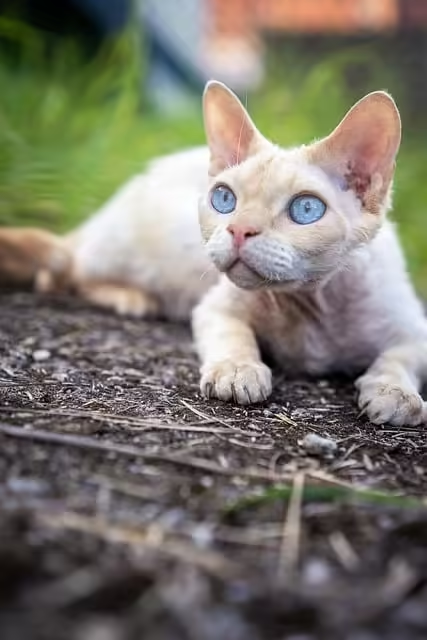
Devon Rex
The Devon Rex is known for its large ears, slender body, and short, curly coat. This breed is playful and affectionate, making it a great family companion.
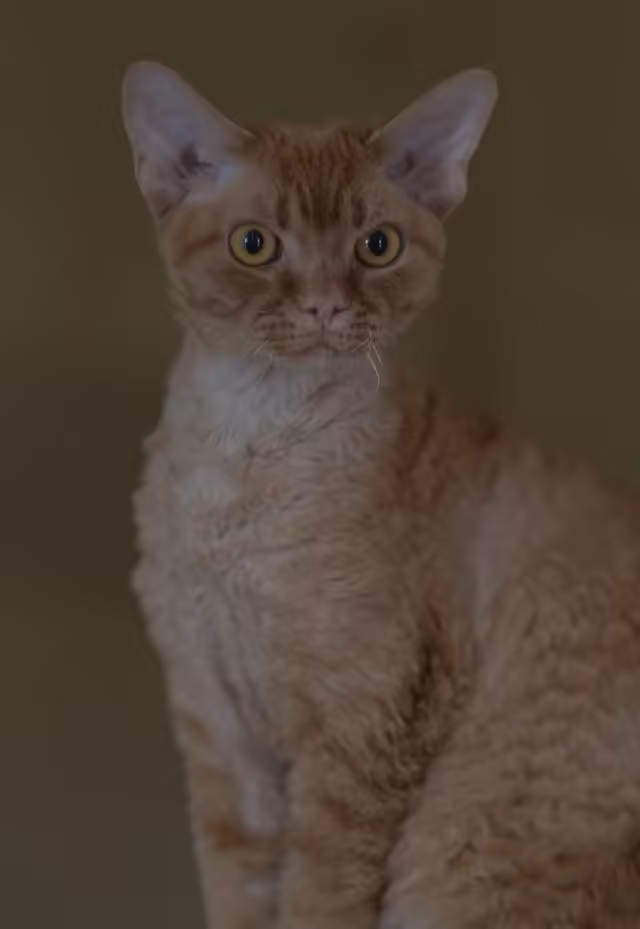
Cornish Rex
The Cornish Rex is one of the original curly hair cat breeds. Its soft, wavy coat and elegant appearance make it a favorite among cat lovers. These cats are also known for their lively and energetic personalities.
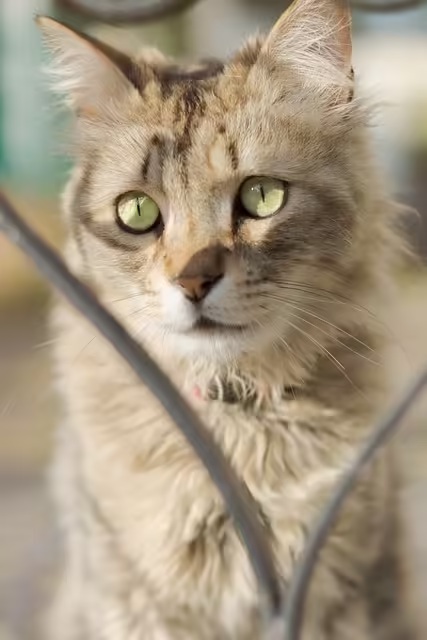
LaPerm
The LaPerm breed is famous for its curly, springy fur, which can come in a variety of lengths and colors. These cats are friendly and adaptable, making them a good choice for first-time cat owners.
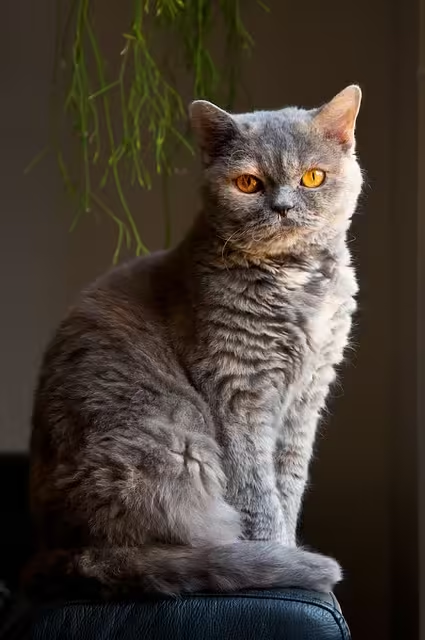
Selkirk Rex
The Selkirk Rex is unique in that it has a thick, plush coat that can be either short or long. This breed is known for its calm and patient temperament, making it an excellent choice for households with children or other pets.
Other Curly Haired Cat Breeds
While the Selkirk Rex, Devon Rex, Cornish Rex, and LaPerm are the most well-known curly-haired cat breeds, several other breeds boast unique curly coats:
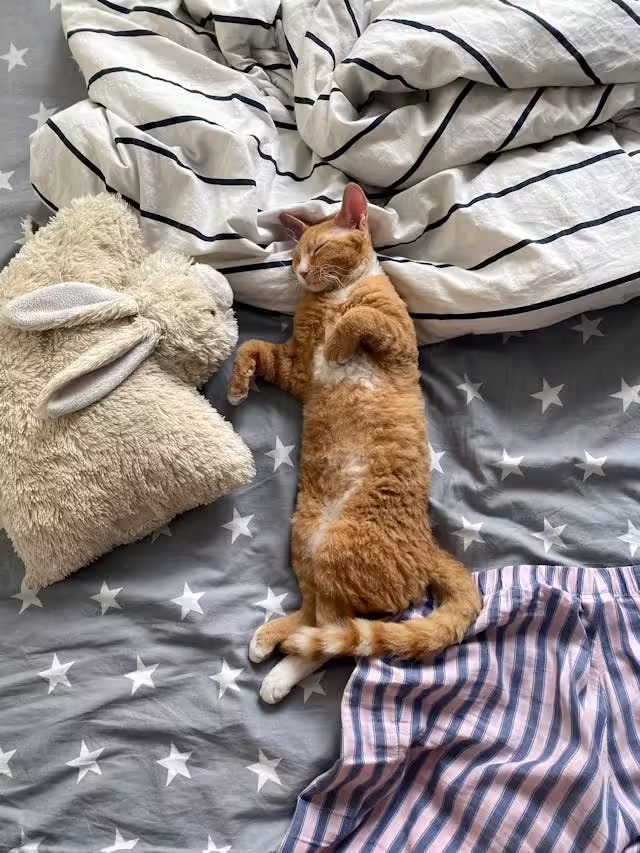
Ural Rex
The Ural Rex is a rare breed that originated in Russia. This breed has a soft, wavy coat that is dense and plush. Ural Rex cats are known for their calm and friendly nature, making them excellent companions.
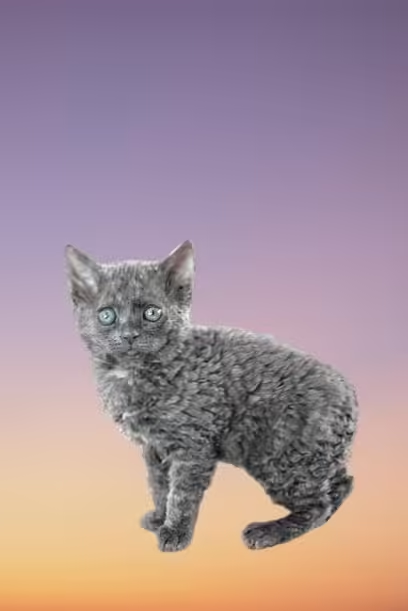
Tasman Manx
The Tasman Manx is a rare breed from Australia that combines the curly coat of a Rex with the taillessness of a Manx. These cats have a unique appearance and are known for their friendly and outgoing personalities.
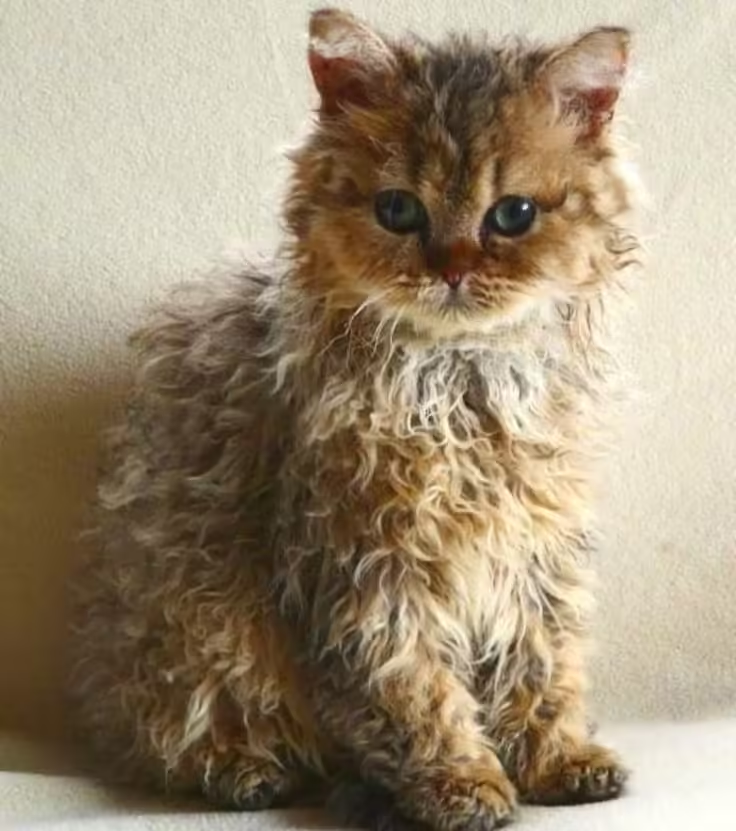
Skookum
The Skookum is a dwarf breed with a curly coat, resulting from a cross between the Munchkin and LaPerm breeds. These cats have short legs and a unique appearance, with a playful and affectionate personality.
photo is taken from: https://www.pinterest.co.uk/pin/736690451528385808/
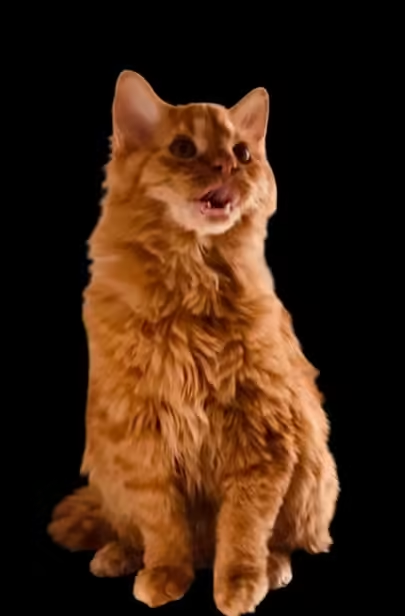
Tennessee Rex
The Tennessee Rex is a newer breed that originated in the United States. This breed has a soft, silky coat with loose curls. Tennessee Rex cats are known for their affectionate and social nature, making them great family pets.
photo is taken from: https://www.facebook.com/photo/?fbid=1079537025831876&set=pb.100080175350606.-2207520000
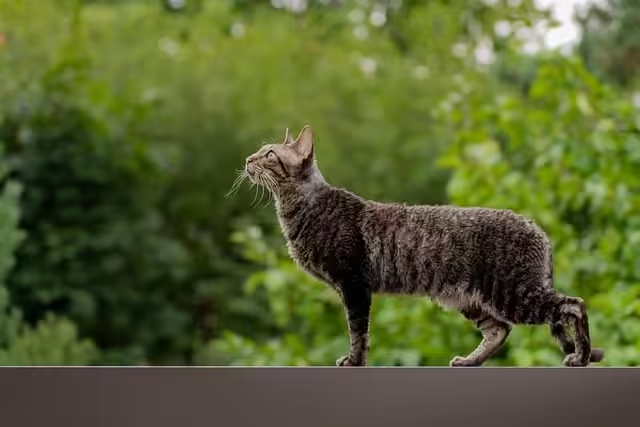
German Rex
The German Rex is one of the oldest curly-haired cat breeds, first appearing in the 1940s in Germany. This breed has a short, soft coat with tight curls. German Rex cats are playful and affectionate, known for their love of human companionship.
Physical Characteristics
Curly hair cats are not just defined by their unique coats; they also come in a variety of colors and patterns. From solid colors to tabby stripes, these cats can be as visually diverse as their straight-haired counterparts. The texture of their fur can vary as well, with some cats having soft, silky curls, while others have a more coarse or woolly texture.
Personality and Temperament
One of the most appealing aspects of curly-haired cats is their personality. These cats are generally known for being affectionate, playful, and curious. They often form strong bonds with their owners and enjoy being the center of attention. Their friendly nature makes them great companions, especially for families with children or other pets.
Caring and Grooming
Taking care of a curly hair cat requires some special attention, particularly when it comes to grooming:
Grooming Needs
While curly hair cats may shed less than other breeds, their unique fur requires regular grooming to prevent matting and keep it looking its best. Brushing them a few times a week with a wide-tooth comb can help maintain their coat’s health.
Diet and Nutrition
A healthy diet is essential for maintaining a curly hair cat’s coat. Look for high-quality cat food rich in omega-3 and omega-6 fatty acids, which can help keep their fur shiny and healthy.
Exercise and Play
Like all cats, curly-haired cats need regular exercise to stay fit and healthy. Provide them with plenty of toys and opportunities to play, which will help them burn off energy and prevent boredom.
Health Considerations
While curly-haired cats are generally healthy, they can be prone to certain health issues, particularly those related to their skin and coat. Regular vet check-ups are important to catch any potential problems early. Additionally, because some curly hair breeds have more delicate skin, it’s important to be gentle when grooming them.
Curly Hair Cats and Allergies
One question many potential cat owners have is whether curly-haired cats are hypoallergenic. While no cat is truly hypoallergenic, some people with mild allergies may find that they react less to curly-haired cats. This is because these cats tend to shed less, and their curly coats can trap dander, reducing the amount that becomes airborne.
Fun Facts About Curly Hair Cats
- Curly hair in cats is a result of a genetic mutation.
- The first curly-haired cat breed, the Cornish Rex, was discovered in the 1950s.
- Despite their unique coats, curly-haired cats don’t require as much grooming as you might think.
- These cats often have a playful and mischievous side, keeping their owners entertained.
- Curly hair cats are often considered to have a hypoallergenic coat, though this isn’t guaranteed.
Curly Hair Cats in Pop Culture
Curly hair cats have made their mark in pop culture, with some becoming famous through social media, movies, or TV shows. Their unique appearance and charming personalities make them popular subjects for cat lovers worldwide.
Adopting a Curly Hair Cat
If you’re considering adding a curly hair cat to your family, there are a few things to keep in mind:
- Where to Find Curly Hair Cats: You can find curly hair cats through breeders, rescue organizations, or shelters. It’s important to choose a reputable source to ensure you get a healthy and well-socialized cat.
- What to Consider Before Adopting: Curly hair cats can be a bit more high-maintenance when it comes to grooming, so be prepared to invest time in keeping their coat in good condition. Additionally, make sure you’re ready for the responsibility of caring for a pet that may have specific health needs.
Living Environment and Suitable Homes
Designed by nature to stand out, these cats thrive in homes where their specific needs are met, making them the perfect addition to a loving household.
- Indoor Living: Curly-haired cat breeds, such as the Selkirk Rex, Devon Rex, and LaPerm, are well-suited to indoor living. These cats typically prefer warm, cozy environments that protect their delicate curls from harsh outdoor elements. A well-ventilated room with plenty of natural light is ideal for these cats, as it allows them to bask in the sun while keeping their coats in tip-top shape. Make sure to provide soft bedding and plenty of spots for them to lounge, ensuring that your curly-haired cat feels comfortable and secure. Curly Haired cats are curious and intelligent, so keeping them mentally stimulated is vital for their well-being. Interactive toys, puzzle feeders, and cat trees are excellent additions to their living environment, offering both entertainment and exercise. Rotate their toys regularly to keep things interesting, and consider setting up a window perch where your cat can watch the outside world. This not only provides mental stimulation but also helps keep your curly-haired cat’s curls looking their best by encouraging natural grooming behaviors.
- Temperature Considerations: One of the most important factors to consider when creating a suitable living environment for your curly-haired cat is temperature. These cats tend to have thinner coats than their straight-haired counterparts, making them more susceptible to the cold. A home that maintains a warm and stable temperature is essential for keeping your curly-haired cat happy and healthy. Consider placing their beds in warmer areas of the house, away from drafts, and perhaps invest in a heated pet bed for those extra chilly days.
- Living in Multi-Pet Households: Curly-haired cats are known for their friendly and social nature, making them a great fit for multi-pet households. Whether you have other cats or dogs, curly-haired breeds generally adapt well to living with other animals. However, it’s essential to provide separate spaces for each pet, allowing your curly-haired cat to retreat and relax when needed. This will help reduce stress and prevent any potential conflicts, ensuring a harmonious living environment for all your furry friends.
Frequently Asked Questions
Conclusion
Owning a curly-haired cat can bring joy and companionship into your life. These cats are not only beautiful but also loving and playful. If you’re ready to embrace the responsibility of caring for a curly hair cat, you’re sure to be rewarded with a loyal and affectionate companion.
Curly hair cats are a delightful and unique addition to any household. With their distinctive looks and affectionate personalities, they offer a one-of-a-kind experience for cat owners. If you’re looking for a cat that stands out from the crowd, a curly-haired cat might just be the perfect fit for you.

